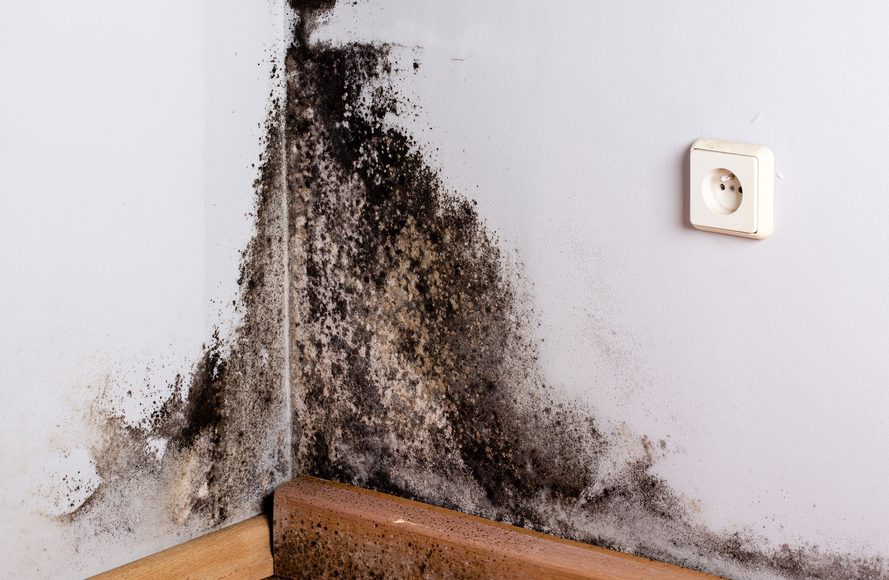How to recognize, treat, and prevent black mold exposure
Research suggests that exposure to black mold does not cause serious health problems such as cancer or lung disease, despite widespread belief that it does.
Fungus molds are kinds of fungi. It is possible to find fungi in practically anything. A healthy person with an intact immune system shouldn’t be concerned about mold in his environment because normal levels don’t pose a significant health risk.
The term “black mold” applies to several kinds of mold; it does not imply that one of the kinds is the only kind.
Science does not support the claim that exposure to S. chartarum is more dangerous than exposure to other types of mold.
Mold spores can cause respiratory symptoms in some people, and even a small quantity of spores can trigger these symptoms. Almost anyone can suffer health problems if large numbers of mold spores are present.
Thus, it is imperative to eliminate all mold in house growth take measures to prevent it from recurring.
We look at some facts and myths about black mold exposure in this article. Additionally, we describe how to get rid of and prevent mold growth in our homes.
Black mold – how dangerous is it for health?
Mycotoxins are released by some molds.There is a strong possibility that mycotoxins are responsible for the serious health problems caused by black mold, also known as toxic mold. This is because mold produces toxic by-products called mycotoxins.
There is research that indicates that mycotoxins produced by S. chartsarum can cause serious health issues for people living in contaminated buildings.
A health problem related to mold is mycotoxicosis. There are others, too:
- Anxiety and pain
- Humor is subject to change
- Kopfschmerzen
- I have lost my memory
- The nosebleeds
- Mold spores are not known to cause these symptoms when inhaled.
Mold in house exposure, however, can cause other symptoms. Several types of health conditions can be caused by it, according to the Florida Department of Health:
Irritation and allergy
Those who suffer from allergies may be more susceptible to mold. If they come into contact with mold, they may experience these symptoms:
- Nose that is running or stuffy
- Eyes that are red and watery
- Cough due to dryness
- Irritation
- Throat ache
- Coughing
- Mold allergies can be severe
There may also be more severe symptoms, such as breathing difficulties. Mold exposure can also contribute to the worsening of pre-existing lung conditions such as asthma.
- Illnesses
- Mycotoxicosis usually occurs due to fungus
- As a result of eating moldy foods, instead of inhaling spores in the home
- Outdoors or indoors. No evidence indicates that touching or inhaling mold can cause disease
- Mycotoxicoses are caused by mold.
Overview
In addition to black mold, there are several indoor molds that can cause health problems in some people, but not all. Nonetheless, prolonged exposure is harmful.


